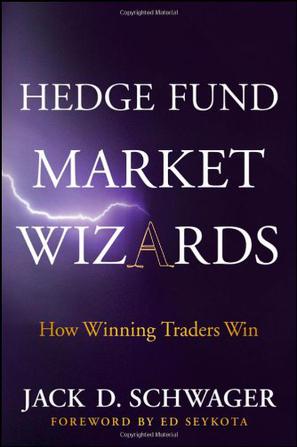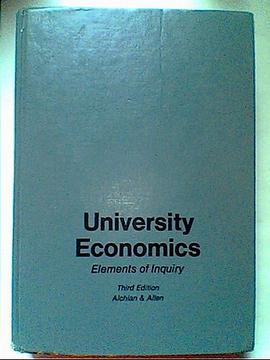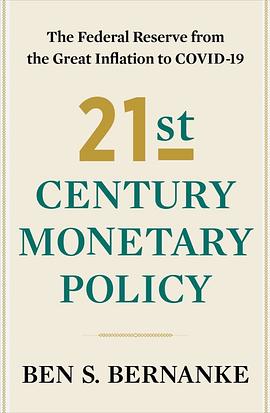Hedge Fund Market Wizards
内容简介
"Five Market Wizard Lessons" by Jack Schwager, author of Hedge Fund Market Wizards
Hedge Fund Market Wizards is ultimately a search for insights to be drawn from the most successful market practitioners. The last chapter distills the wisdom of the 15 skilled traders interviewed into 40 key market lessons. A sampling is provided below:
1. There Is No Holy Grail in Trading
Many traders mistakenly believe that there is some single solution to defining market behavior. Not only is there no single solution to the markets, but those solutions that do exist are continually changing. The range of the methods used by the traders interviewed in Hedge Fund Market Wizards, some of which are even polar opposites, is a testament to the diversity of possible approaches. There are a multitude of ways to be successful in the markets, albeit they are all hard to find and achieve.
2. Don't Confuse the Concepts of Winning and Losing Trades with Good and Bad Trades
A good trade can lose money, and a bad trade can make money. Even the best trading processes will lose a certain percentage of the time. There is no way of knowing a priori which individual trade will make money. As long as a trade adhered to a process with a positive edge, it is a good trade, regardless of whether it wins or loses because if similar trades are repeated multiple times, they will come out ahead. Conversely, a trade that is taken as a gamble is a bad trade regardless of whether it wins or loses because over time such trades will lose money.
3. The Road to Success Is Paved with Mistakes
Ray Dalio, the founder of Bridgewater, the world's largest hedge fund, strongly believes that learning from mistakes is essential to improvement and ultimate success. Each mistake, if recognized and acted upon, provides an opportunity for improving a trading approach. Most traders would benefit by writing down each mistake, the implied lesson, and the intended change in the trading process. Such a trading log can be periodically reviewed for reinforcement. Trading mistakes cannot be avoided, but repeating the same mistakes can be, and doing so is often the difference between success and failure.
4. The Importance of Doing Nothing
For some traders, the discipline and patience to do nothing when the environment is unfavorable or opportunities are lacking is a crucial element in their success. For example, despite making minimal use of short positions, Kevin Daly, the manager of the Five Corners fund, achieved cumulative gross returns in excess of 800% during a 12-year period when the broad equity markets were essentially flat. In part, he accomplished this feat by having the discipline to remain largely in cash during negative environments, which allowed him to sidestep large drawdowns during two major bear markets. The lesson is that if conditions are not right, or the return/risk is not sufficiently favorable, don't do anything. Beware of taking dubious trades out of impatience.
5. Volatility and Risk Are Not Synonymous
Low volatility does not imply low risk and high volatility does not imply high risk. Investments subject to sporadic large risks may exhibit low volatility if a risk event is not present in the existing track record. For example, the strategy of selling out-of-the-money options can exhibit low volatility if there are no large, abrupt price moves, but is at risk of asymptotically increasing losses in the event of a sudden, steep selloff. On the other hand, traders such as Jamie Mai, the portfolio manager for Cornwall Capital, will exhibit high volatility because of occasional very large gains-not a factor that most investors would associate with risk or even consider undesirable-but will have strictly curtailed risk because of the asymmetric structure of their trades. So some strategies, such as option selling, can have both low volatility and large, open-ended risk, and some strategies, such as Mai's, can have both high volatility and constrained risk.
As a related point, investors often make the mistake of equating manager performance in a given year with manager skill. Sometimes, more skilled managers will underperform because they refuse to participate in market bubbles. The best performers during such periods are often the most imprudent rather than the most skilled managers. Martin Taylor, the portfolio manager of the Nevsky Fund, underperformed in 1999 because he thought it was ridiculous to buy tech stocks at their inflated price levels. This same investment decision, however, was instrumental to his large outperformance in subsequent years when these stocks witnessed a prolonged, massive decline. In this sense, past performance can sometimes even be an inverse indicator.
......(更多)
作者简介
Jack Schwager is a recognized industry expert in futures and hedge funds and the author of a number of widely acclaimed financial books. He is currently the co-portfolio manager for the ADM Investor Services Diversified Strategies Fund, a portfolio of futures and FX managed accounts. Previously, Mr. Schwager was a partner in the Fortune Group, a London-based hedge fund advisory firm, which specialized in creating customized hedge fund portfolios for institutional clients. His prior experience includes 22 years as Director of Futures research for some of Wall Street's leading firms and 10 years as the co-principal of a CTA.
Mr. Schwager has written extensively on the futures industry and great traders in all financial markets. He is perhaps best known for his best-selling series of interviews with the greatest hedge fund managers of the last two decades: Market Wizards (1989), The New Market Wizards (1992), and Stock Market Wizards (2001). The latest book in the series, Hedge Fund Market Wizards is due to be released in May 2012. Mr Schwager's first book, A Complete Guide to the Futures Markets (1984) is considered to be one of the classic reference works in the field. He later revised and expanded this original work into the three-volume series, Schwager on Futures, consisting of Fundamental Analysis (1995), Technical Analysis (1996), and Managed Trading (1996). He is also the author of Getting Started in Technical Analysis (1999), part of John Wiley's popular Getting Started series.
Mr. Schwager is a frequent seminar speaker and has lectured on a range of analytical topics including the characteristics of great traders, investment fallacies, hedge fund portfolios, managed accounts, technical analysis, and trading system evaluation. He holds a BA in Economics from Brooklyn College (1970) and an MA in Economics from Brown University (1971).
......(更多)
目录
......(更多)
读书文摘
你必须“在情绪可控范围内进行交易”。“在任何时候都要控制好头寸规模,这样,恐惧就不会主导自己的判断。”
......(更多)






